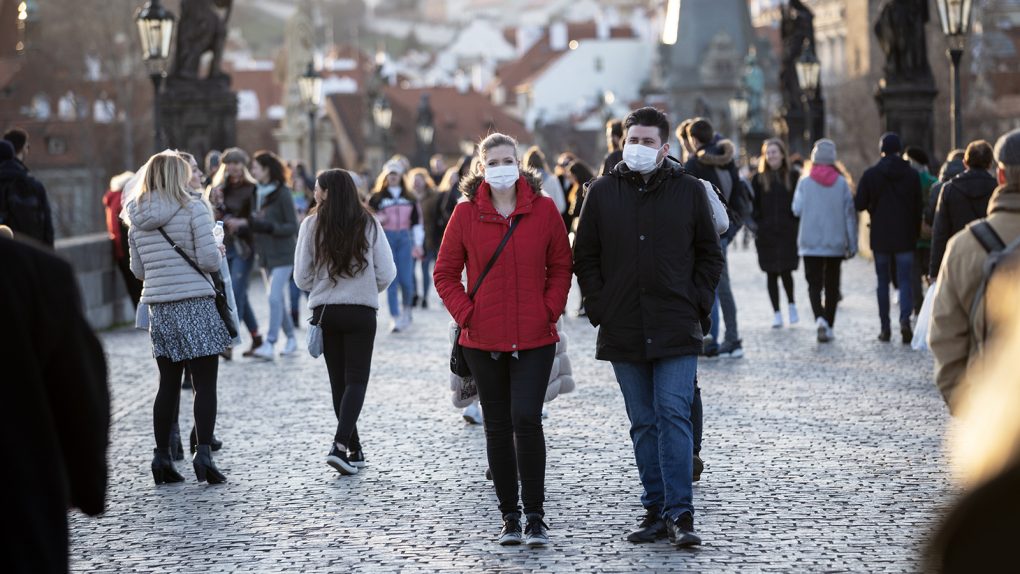- A new antiviral drug that might become the first oral medicine for the novel coronavirus is currently being tested, as Atea Pharmaceuticals has announced a deal with Swiss giant Roche for development and distribution.
- The drug is called AT-527 and it’s currently in Phase 2 testing, with the final stage of clinical trials set for the first half of 2021.
- This new medicine is supposed to block the replication of the coronavirus inside the cell and prevent its ability to spread in the human body.
The U.S. Food and Drug Administration (FDA) formally approved Gilead Sciences’ Veklury (remdesivir) as the first treatment for COVID-19 on Thursday. The drug proved in clinical trials that it could help patients recover faster than traditional care. But remdesivir will not prevent deaths, a massive study from the World Health Organization (WHO) showed. The FDA’s approval followed the emergency use authorization that remdesivir received in May. But the FDA makes it clear this is the kind of COVID-19 therapy that “should only be administered in a hospital or in a healthcare setting capable of providing acute care comparable to inpatient hospital care.” The drug is administered intravenously, and it’s not the kind of therapy that can be used in a home setting.
One of the main problems for managing the coronavirus pandemic is that there aren’t any proven therapies that patients can self-administer, as is the case with the common cold and the flu. But scientists are already working on what might turn out to be the first oral antiviral drug for COVID-19 that could be used at home. The announcement came from Atea Pharmaceuticals on the same day the FDA issued the final remdesivir approval. And Swiss pharma group Roche’s involvement in the project is a promising sign for the new therapy.
Atea developed a compound called AT-527 which is currently in Phase 2 testing. The company explained in a press release that Roche paid $350 million in cash upfront, with further milestone payments and royalties to follow. Under the terms of the agreement, Atea would sell and distribute the drug in America, with Roche handling the international market.
“This collaboration with Roche enhances Atea’s efforts and underscores the potential for AT-527 to effectively address the COVID-19 crisis on a global scale,” Atea CEO and founder Jean-Pierre Sommadossi said in a statement. “AT-527 is expected to be ideally suited to combat COVID-19 as it inhibits viral replication by interfering with viral RNA polymerase, a key component in the replication machinery of RNA viruses. Importantly, the manufacturing process for our small molecule direct-acting antiviral allows us to produce AT-527 quickly and at scale.”
Not much is known about AT-527 for the time being, aside from Atea’s comments on the matter. Essentially, the drug should prevent the virus from replicating once it infects cells. Here’s how the biopharmaceutical company describes the drug:
AT-527 is an orally administered, direct-acting antiviral agent derived from Atea’s purine nucleotide prodrug platform. AT-527 is currently under evaluation as a treatment for patients with COVID-19. AT-527 is designed to inhibit viral replication by interfering with viral RNA polymerase, a key component in the replication machinery of RNA viruses, such as positive single-stranded human flaviviruses and human coronaviruses. AT-527 is currently in a global Phase 2 clinical study for hospitalized patients with moderate COVID-19 and has plans to initiate a global, registrational Phase 3 clinical trial in outpatients in the first half of 2021. Additionally, Atea is planning to study in a Phase 3 clinical trial the use of AT-527 in the post-exposure prophylaxis setting.
Separately, Roche confirmed the agreement, telling French paper LeFigaro that the experimental drug could become the “first oral antiviral drug” to treat patients “out of the hospital.”
“If successful, AT-527 could help treat patients early, reduce the progression of the infection, and contribute to decreasing the overall burden on health systems,” Roche said in an announcement of its own on Thursday.
The involvement of a giant pharmaceutical company like Roche in the project is a positive sign, signaling that the drug is promising. The company also partnered with Regeneron on the REGN-COV2 monoclonal antibody combo that President Trump received for his coronavirus case. We saw similar partnerships that happened earlier this year with some of the promising vaccines that are in final stage tests. AstraZeneca inked a deal with Oxford University, and Pfizer struck an accord with BioNTech.
That said, there’s no guarantee that Phase 3 trials will be successful, whether we’re talking about drugs or vaccine candidates. Roche also announced a few weeks ago that its drug Actemra (tocilizumab) failed to show effectiveness in Phase 3 COVID-19 trials.








